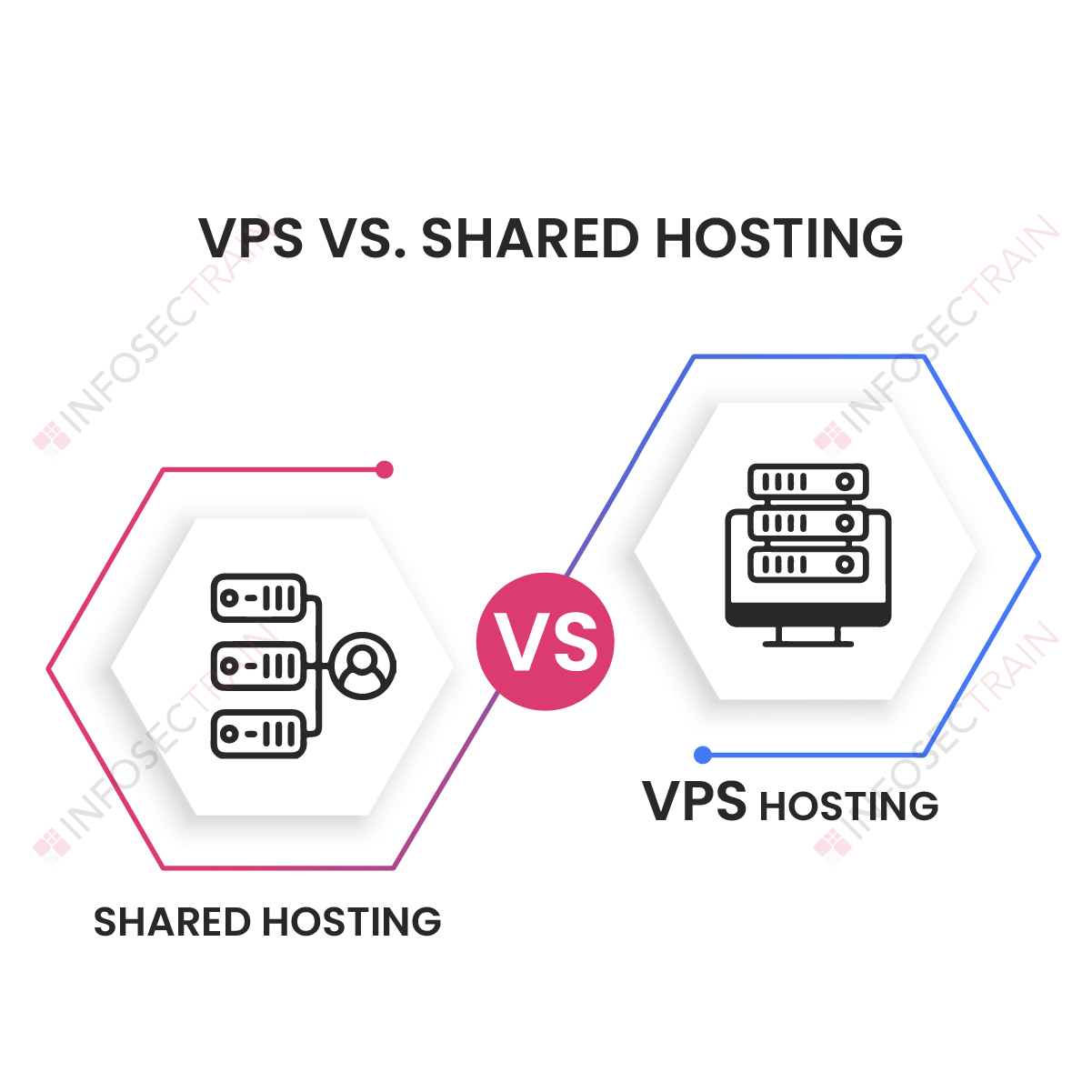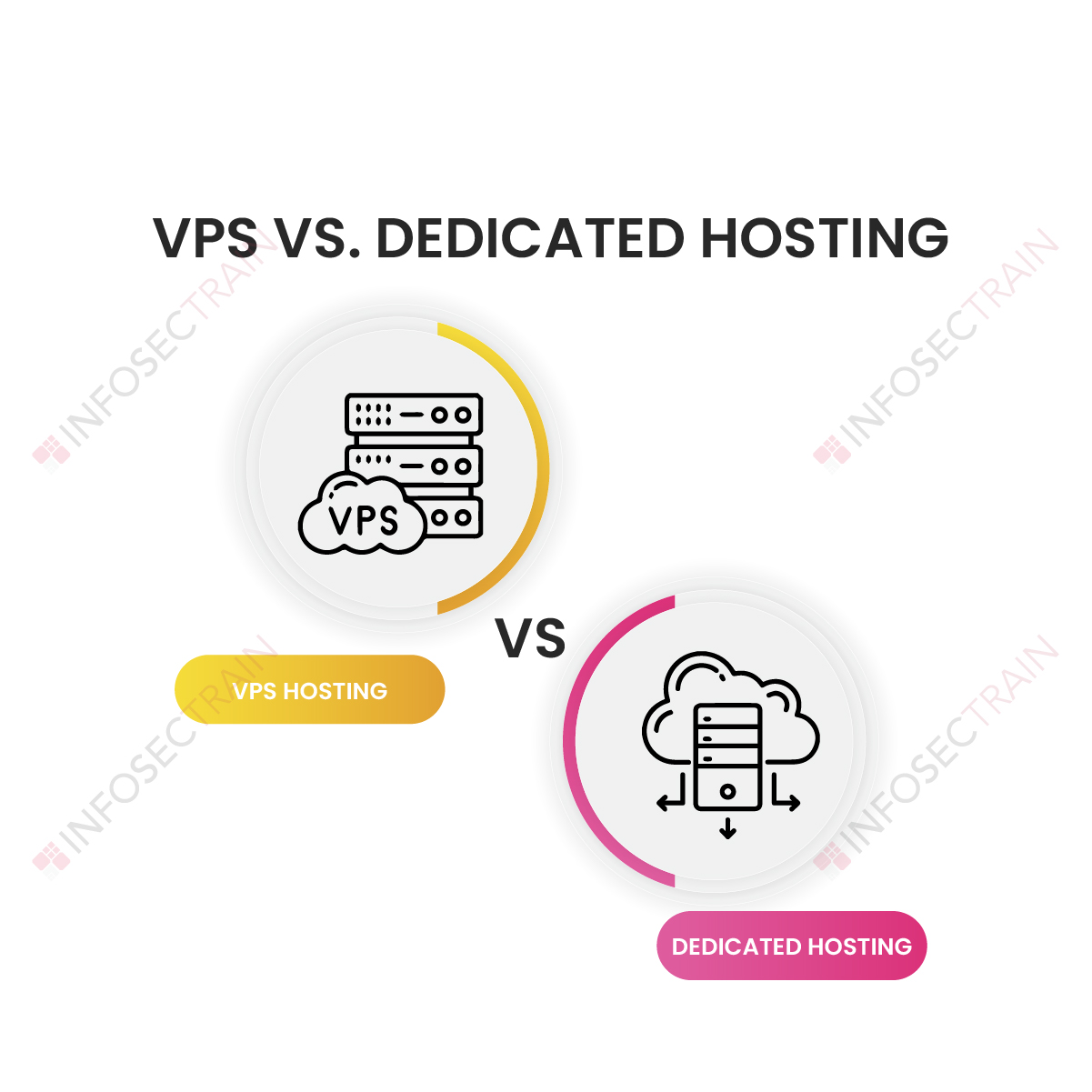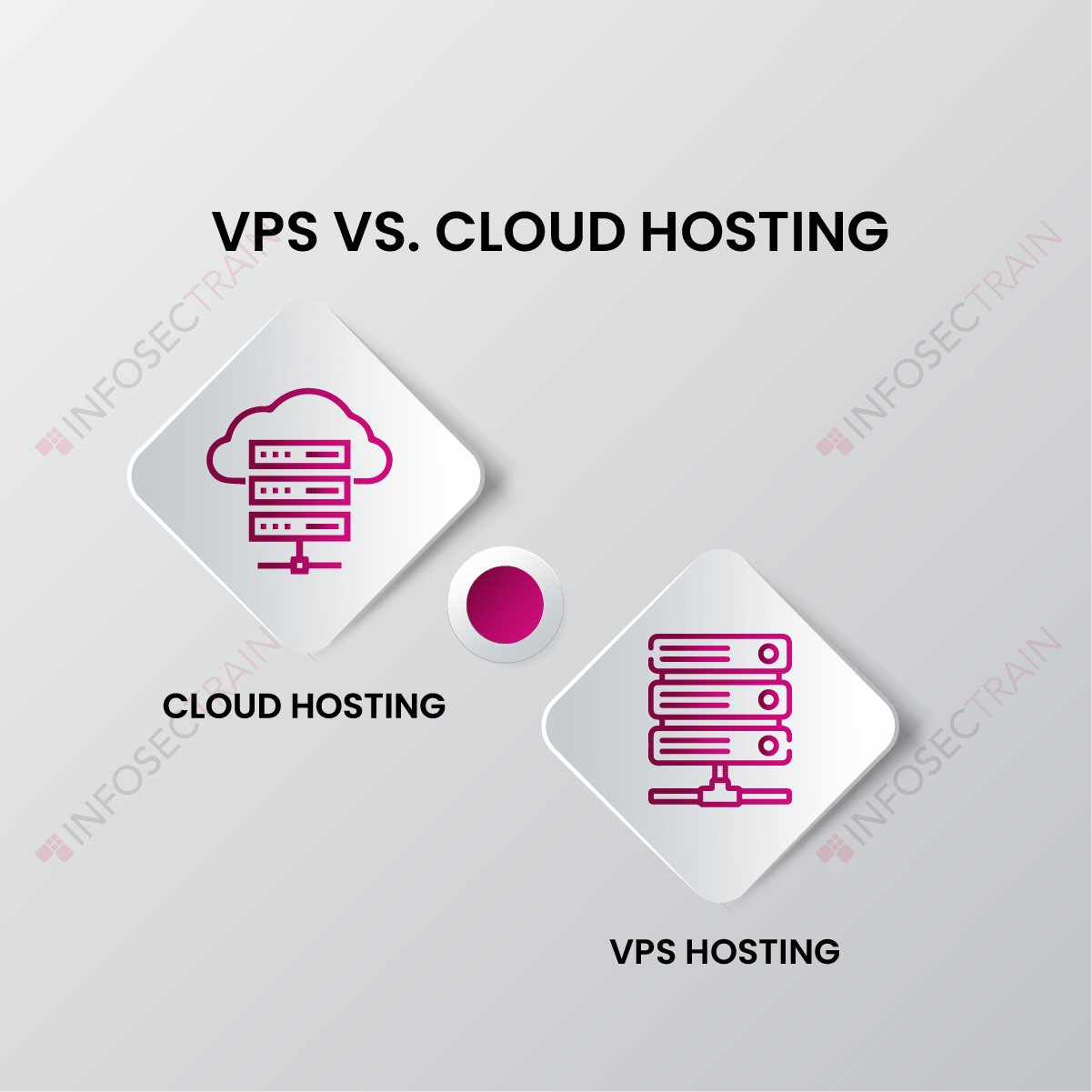What is Virtual Private Server (VPS)?
Nowadays, one of the most critical choices we face when managing a website revolves around determining the type of hosting service we should utilize. There are several options accessible when it comes to website hosting, and each varies in terms of functionality and price, offering unique advantages. Businesses and web professionals looking for their own server space and resources at a reasonable price choose a VPS or Virtual Private Server as their preferred website hosting option.

In this article, we will discuss Virtual Private Server (VPS) in more detail.
What is a VPS?
VPS (Virtual Private Server) is a popular web hosting service where a hosting provider or web server divides one physical server into numerous virtual machines using virtualization technology, each of which can be used to host a different website. A Virtual Private Server, often called a Virtual Dedicated Server (VDS), serves as a repository for the documents and information that make up a website. Compared to other web hosting services, a VPS is more reliable, operates faster, is more feature-flexible and extensible, and offers more memory and disc space.
VPS Compared with Shared Hosting, Dedicated Hosting, and Cloud Hosting
VPS vs. Shared Hosting

VPS and shared hosting both utilize the resources of a single server. However, with shared hosting, all users have an equal portion of the resources. It implies that each user’s bandwidth will fluctuate constantly and that they would not have as much control over their bandwidth availability at any given time. While VPS hosting gives you a customizable option in which you can control how much data and bandwidth you want to use. With a VPS provider, you can access a maximum quantity of RAM, bandwidth, and server space.
VPS vs. Dedicated Hosting

Dedicated servers are significantly more expensive than VPSs and offer greater flexibility, customization, performance, and security. With dedicated hosting, you will have complete access to the physical server’s network, RAM, hard drive storage, etc. In comparison, VPS hosting gives you access to a portion of a greater whole by allocating a dedicated number of resources from a shared server to your website. Dedicated hosting is usually preferred over VPS for websites with heavy traffic and specific requirements.
VPS vs. Cloud Hosting

In contrast to VPS, which allocates a portion of a single physical server for a specific user, cloud hosting shares the physical server’s resources among multiple users or clients. Cloud hosting offers high availability and high performance based on the ability to increase CPU power and memory capacity as needed. While VPS hosting provides a fixed level of performance, it will satisfy your ongoing demands as long as you do not need additional resources.
The differences between VPS and other hosting are outlined in the following table.
| Parameters | VPS Hosting | Shared Hosting | Dedicated Hosting | Cloud Hosting |
| Cost | Mid-level | Low | High | High |
| Security | High | Low | Very high | Very high |
| Scalability | High | Limited | Mid-level | Very high |
| Performance | Mid-tier | Low | High | High |
| Configurability | Mid-level | Restricted | Very high | Mid-level |
Advantages of VPS
VPS hosting delivers the ideal balance between cost, functionality, security, accessibility, and privacy. If you use the VPS services, you will get several incredible advantages. Some of them are mentioned below:
1. Flexible and Scalable: It will provide you with more flexibility and scalability because you can customize the resources of your private server and run your applications based on company and operational requirements.
2. Simple Upgrades: If your website has a sudden increase in traffic, you can quickly request that the web hosting company update your resources immediately to maintain top-notch service.
3. Dedicated Resources: With VPS hosting, a predetermined number of system resources are constantly allocated to your account.
4. More Stable: It also provides excellent stability and fewer restrictions than a shared server since you do not need to share resources with other businesses hosted on the same server.
5. Cost-effectiveness: VPS hosting can be an affordable alternative for individuals who require more than simply a shared server. It enables users to access a dedicated server without investing money in a physical server. However, it is somewhat more expensive than cloud or shared solutions, but it is quite inexpensive compared to dedicated servers.
6. Control: With a VPS, you have complete control over your server, enabling installation of the required software, customizing configurations, and performing various actions as needed. Unlike shared hosting, which often has limitations, this level of control is unrestricted on a VPS.
7. Higher Security: A VPS is a more secure and reliable option than shared hosting; since you are not sharing space with anybody else, your website would not be affected by their errors, broken scripts, or resource usage. It is kept in a logically isolated environment where it is not vulnerable to malware or hacks that might infect other systems on the same server.
Conclusion:
VPS hosting is the ideal approach to maintaining a website’s rapid development and expansion, and it is the best server that provides flexibility and scalability. With VPS, you can fulfill the demands of a busy website at a reasonable price and get a vast amount of storage and bandwidth.
How Can InfosecTrain Help You?
InfosecTrain is one of the best security and technology training and consulting firms focusing on various information security services and IT security training. Our certified instructors deliver all training with years of industry experience. You can check out and sign up for our various Cloud Computing certification and training courses to thoroughly understand the servers.






 1800-843-7890 (India)
1800-843-7890 (India)